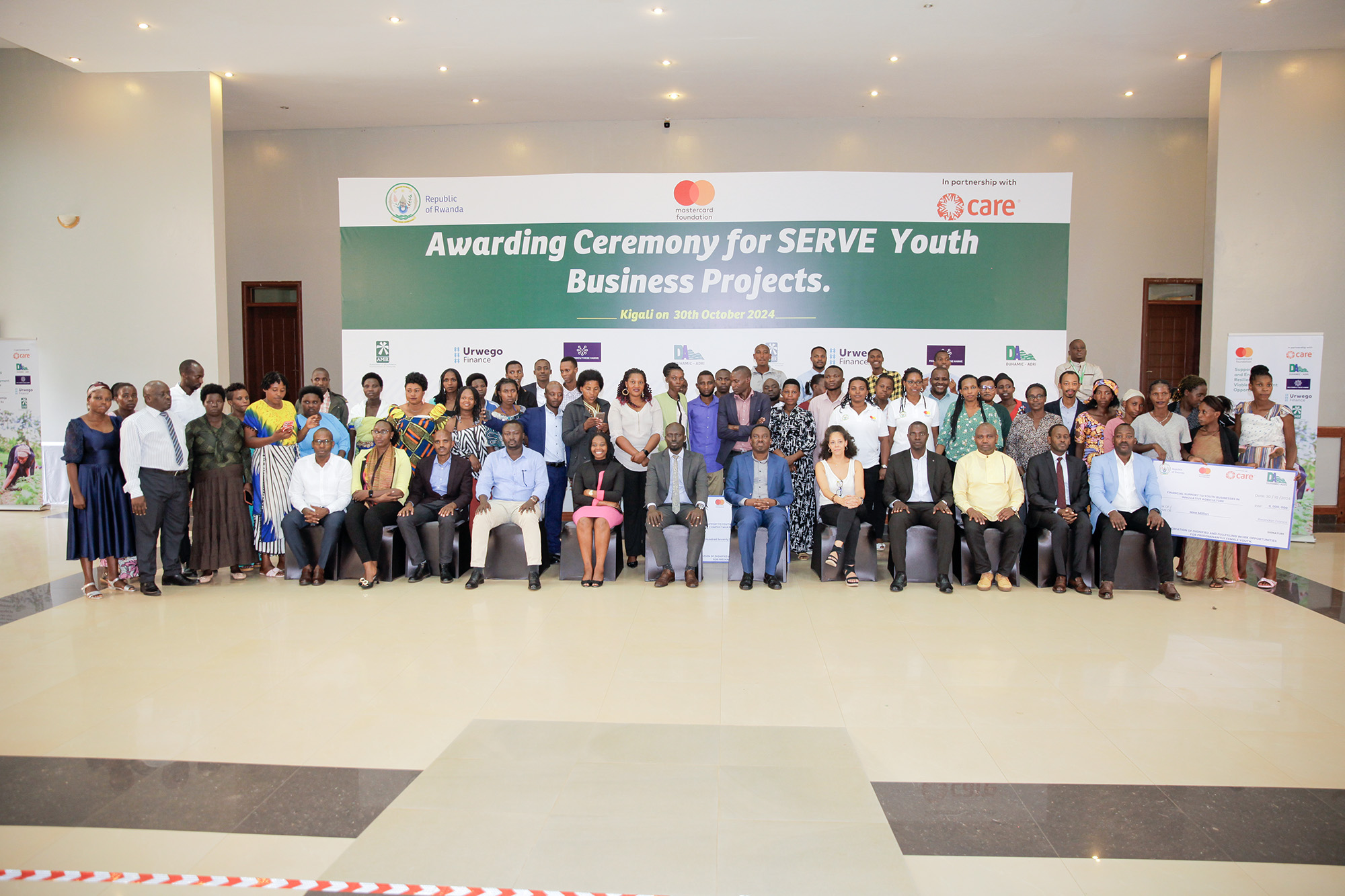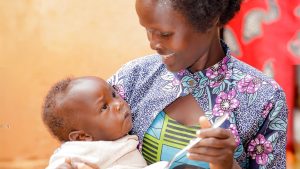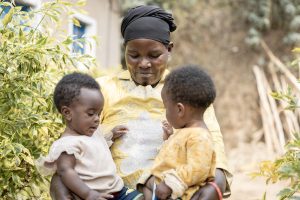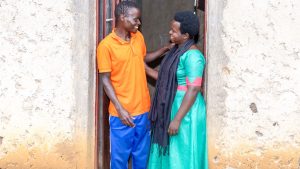The Supporting and Enhancing Resilient and Viable Employment Opportunities (SERVE) Project, funded by the
Mastercard Foundation, aims at creating dignified employment opportunities for the youth through agriculture
across 10 districts (Kirehe, Ngoma, Rwamagana, Kayonza, Huye, Nyamagabe, Rulindo, Gakenke, Nyabihu, and
Rubavu) in Rwanda. Recognizing agriculture’s mounting challenges from climate change to input shortages, SERVE awarded strategic grants to youth-led enterprises across ten districts. Spearheaded by DUHAMIC ADRI, this initiative specifically targeted innovations and home-grown solutions to agricultural obstacles facing the project participants.
Structured into four distinct funding categories with clear eligibility criteria, the competitive program received 475 applications, ultimately distributing 286,000,000 Rwf among 47 selected businesses to drive sustainable
business in agriculture.

Lot 1: Vermicompost/Compost Making: The SERVE Project awarded grants to youth investing in vermi-compost or compost production with funding caps of 8,000,000 RWF for youth groups and companies, and 4,000,000 RWF for individual entrepreneurs. A total of 29 businesses were awarded grants totaling 184,000,000 RWF.
Lot 2: Animal Feed Processing businesses: The project awarded youth projects establishing animal feed processing units with grants of up to 10,000,000 RWF per business plan. Following a competitive selection process, a total of 90,000,000 RWF was awarded to 9 finalists.
Lot 3: Environmentally Friendly Packaging: The SERVE Project supported youth, establishing factories for eco-friendly packaging materials with grants of 2,000,000 RWF per business plan. Through this initiative, a total of 4,000,000 RWF was awarded to 2 innovative projects, promoting sustainable alternatives to conventional packaging.
Lot 4: Other Innovative Businesses: The SERVE Project awarded creative businesses addressing youth challenges across agricultural value chains. 1,000,000 RWF for youth groups and individual entrepreneurs, and 1,500,000 RWF for registered companies. This initiative awarded a total of 8,000,000 RWF to 7 innovative projects.
While awarding the grants, one of the requirements for applicants was to demonstrate their willingness and capacity to co-finance their projects. This requirement fostered a sense of ownership and responsibility for the project’s success. It also helped to showcase the businesses’ financial viability and commitment to sustainability both before and after receiving the grant. The required co-financing percentage varied depending on the project type: 30% for vermi-compost/compost making, and 20% for animal feed processing units, environmentally friendly packaging materials, and other innovative agricultural business ideas. This approach aimed to minimize the risk of grant funds being misused and to ensure the sustainability of the supported enterprises.





